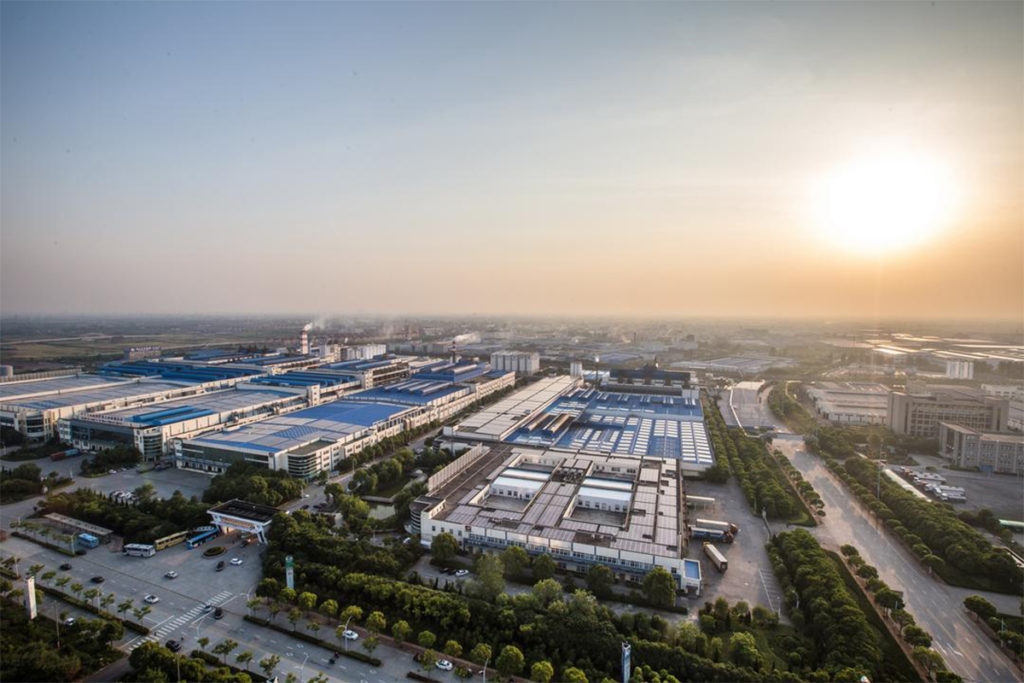“This really confuses us. But not only us. Some of the downstream customers are also confused,” Lee said on Thursday at a seminar of the London Metal Exchange (LME) in Hong Kong.
Compliance with ESG standards is becoming increasingly important for companies as pressure from customers, governments and consumers to reduce harmful behavior increases. However, these standards are set by a number of different organizations around the world.
China-based Huayou operates primarily in the middle of the electric vehicle supply chain, producing chemicals used in electric vehicle batteries. The company operates a large operation in Indonesia, the world’s largest nickel producer.
Lee said it is challenging for companies in the middle of the supply chain to require their suppliers – the mining companies – to comply with the ESG requirements of their customers, such as automobile manufacturers, because regulations are not always binding where the mining companies are located.
No bonus
Although Huayou has benefited from a better reputation for complying with certain ESG regulations, Lee said there is no premium for lower-carbon materials for electric vehicle batteries.
“I don’t see any price advantage for people who have already done this or who are committed to it. I hope the market pays a little more for Huayou’s minerals like cobalt and nickel because we do a lot of ESG work,” Lee said.
Huayou can reduce carbon dioxide emissions per tonne of nickel metal produced by up to 90% by switching from the rotary kiln electric furnace (RKEF) process, which primarily uses coal as an energy source, to the high pressure acid leaching (HPAL) process.
About 70 percent of Huayou’s HPAL electricity needs can be met by waste heat from the acid plant, Lee said.
Indonesia is considering revoking the licenses of RKEF smelters.
Speaking at the same seminar, Ryan Wen, sustainability manager at the International Tin Association, said the main obstacles to his industry complying with ESG standards were “high costs, the risk of supply disruptions, many misunderstandings… and limited practice.”
Muchtazar, sustainability manager at Nickel Industries, said: “Sometimes it’s too much, but somehow we have to figure out what’s most important. Meeting these requirements gives us a competitive advantage today.”
“We believe there will be premiums in nickel and minerals in the future. We want to be ready when that happens,” he said on Wednesday at a separate seminar hosted by the Shanghai Metals Market.
(By Mai Nguyen and Siyi Liu; editing by David Holmes)




